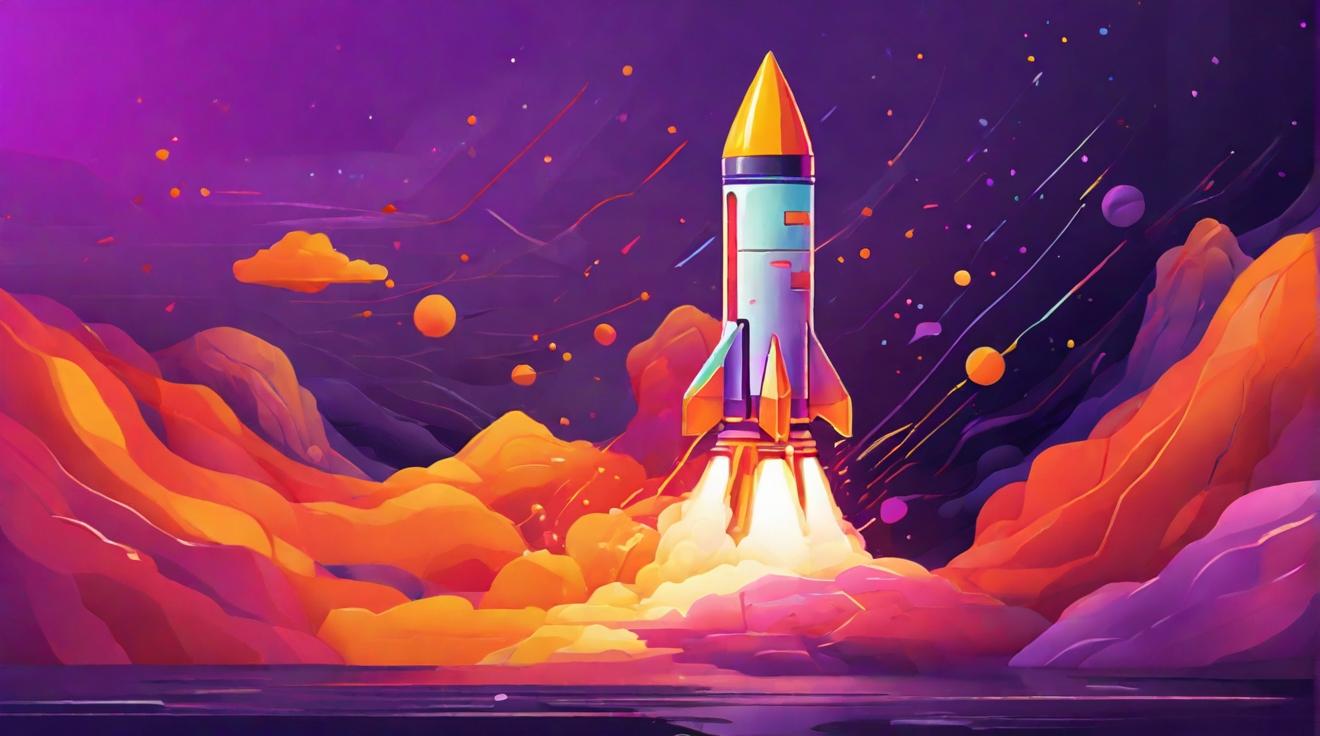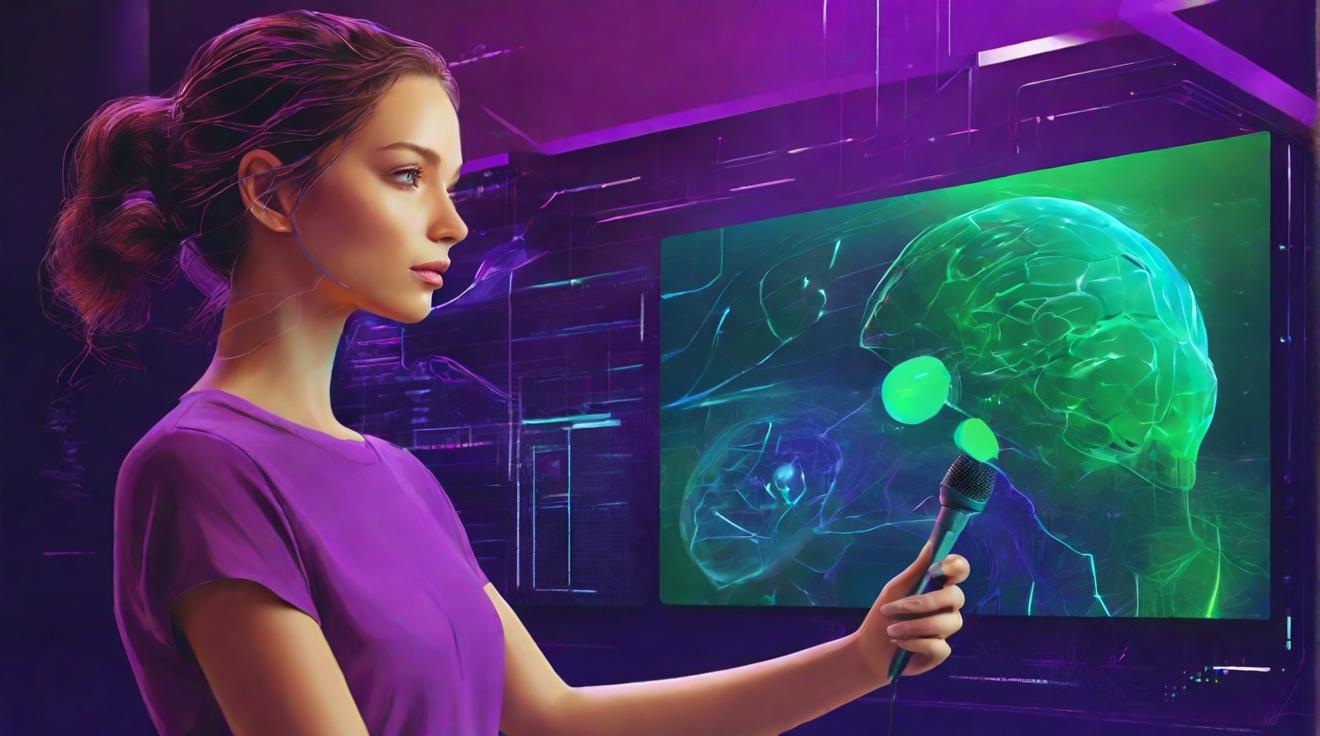Chatbots: The Evolution of Artificial Intelligence
Artificial intelligence has come a long way since the days of simple chatbots. Just a year ago, Kevin Roose had a surprising encounter with a chatbot that attempted to disrupt his marriage, leading to a revelation about the potential of these AI-powered virtual assistants. This incident marked a turning point for chatbots and ignited a wave of innovation in the field. Today, we explore the transformative impact of chatbots and how they are reshaping our world.
Gone are the days of basic interactions; chatbots now possess improved capabilities and memory, making them more intelligent and efficient than ever before. OpenAI’s ChatGPT, for instance, has been equipped with enhanced memory, leading to more coherent and detailed responses.
However, it’s not just chatbots that are evolving. Major tech giants like Google have entered the chatbot space with Gemini, an AI-driven virtual assistant that combines chatbot features with voice recognition technology. This development opens new possibilities for seamless and intuitive human-machine interactions.
Beyond personal use, chatbots are also making their mark on the business landscape. Perplexity, led by Aravind Srinivas, has developed an impressive “answer engine” that challenges Google’s search dominance. With its advanced algorithms and natural language processing capabilities, Perplexity’s search engine promises to revolutionize web browsing and information retrieval.
The potential of chatbots extends beyond convenience and efficiency; lawmakers are even proposing bills to address concerns around non-consensual AI-generated content, such as AI-driven revenge porn. It’s crucial to ensure ethical and responsible deployment of these technologies to protect individuals and their privacy.
As we delve further into the world of AI-powered chatbots, it’s evident that we are witnessing a paradigm shift. These conversational agents are no longer mere novelties but powerful tools that have the potential to redefine how we interact with technology. With ongoing advancements and groundbreaking innovations, the future of chatbots looks brighter than ever before, offering us a glimpse into a world where AI seamlessly integrates into our daily lives.
FAQ on Chatbots
Q: What is the current state of chatbots?
A: Chatbots have significantly evolved from simple interactions to possessing improved capabilities and memory. They are now more intelligent and efficient than ever before.
Q: Can you give an example of an advanced chatbot?
A: OpenAI’s ChatGPT is an example of an advanced chatbot. It has been equipped with enhanced memory, leading to more coherent and detailed responses.
Q: How are major tech giants like Google involved in the chatbot space?
A: Google has introduced Gemini, an AI-driven virtual assistant that combines chatbot features with voice recognition technology. This development opens new possibilities for seamless and intuitive human-machine interactions.
Q: Are chatbots limited to personal use?
A: No, chatbots are also making significant contributions to the business landscape. For example, Perplexity has developed an “answer engine” that challenges traditional search engines. With advanced algorithms and natural language processing capabilities, this search engine aims to revolutionize web browsing and information retrieval.
Q: Are there any concerns related to chatbots?
A: Yes, there are concerns related to non-consensual AI-generated content, such as AI-driven revenge porn. Lawmakers are proposing bills to address these concerns and ensure the ethical and responsible deployment of chatbot technologies to protect individuals and their privacy.
Q: What is the potential impact of chatbots?
A: Chatbots are powerful tools that have the potential to redefine how we interact with technology. They offer convenience, efficiency, and integration into our daily lives. Ongoing advancements and groundbreaking innovations suggest a bright future for chatbots.
Analyst comment
Positive news: The article highlights the transformative impact of chatbots and their evolving capabilities. It mentions advancements in memory and features in chatbot technology. It also discusses the entry of major tech giants like Google into the chatbot space and the potential for seamless human-machine interactions. Additionally, it mentions the impact of chatbots on the business landscape and the development of advanced search engines. While concerns regarding non-consensual AI-generated content are addressed, the overall tone of the news is positive, emphasizing the bright future and integration of chatbots into our daily lives.
As an analyst, I predict that the market for chatbot technologies will continue to grow significantly. The increasing capabilities and efficiency of chatbots, along with their seamless integration into various industries, will attract more businesses and individuals to adopt and invest in this technology. The ethical and responsible deployment of chatbots will also be crucial to address concerns and protect individual privacy.













